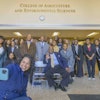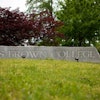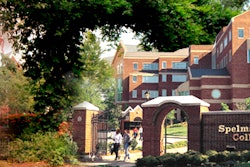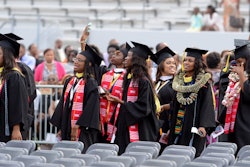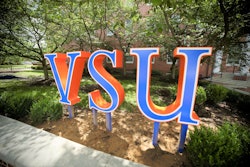Morris Brown College has been up and down for the ‘final’ count so many times that many people have stopped counting.
Now, operating as a shadow of its historically rich self, the college was dealt another blow this month when the Georgia Supreme Court upheld a lower court ruling that a land sale rooted in property sold by Morris Brown was illegal.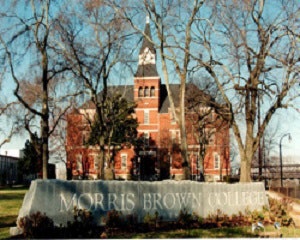
The sale, cleared by a federal bankruptcy judge as part of Morris Brown’s most recent emergence from federal bankruptcy, brought the decades-old institution more than $10 million to help pay down a $30-million tab of unpaid bills.
The 2012 sale of the land to Invest Atlanta, the City of Atlanta’s investment arm, was challenged in state court by neighboring Clark-Atlanta University, original owner of the property. Clark-Atlanta cited a clause in a 1940’s transaction between the two institutions that allowed Morris Brown use of the land for educational purposes.
At the time of the Morris Brown sale to the City of Atlanta, the property at issue had long gone unused by Morris Brown and belonged to Clark-Atlanta, the neighboring HBCU claimed in court. Lower courts in Georgia backed Clark-Atlanta’s claim, leading to the state supreme court ruling.
In a narrowly focused ruling on the legality of the land transaction, the high court was silent on what, if anything, to do about the funds the city paid Morris Brown.
The City of Atlanta press office did not return an inquiry about the court ruling. Clark-Atlanta did not comment on the fate of the money when Lance Dunnings, its general counsel, told the Atlanta news media last week the Georgia Supreme Court decision “should end the legal dispute concerning the ownership” of the property.
